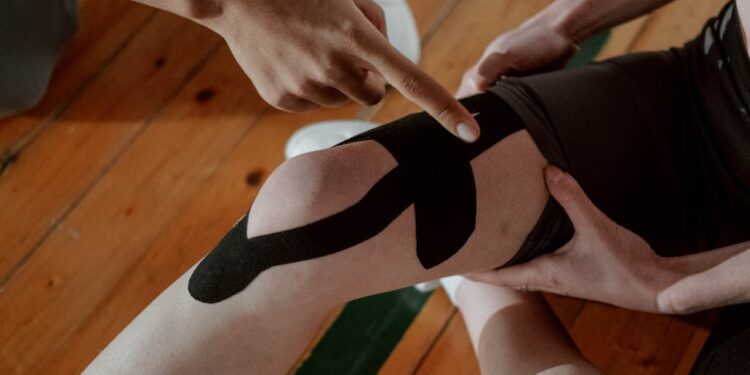Dealing with knee pain can significantly impact daily life, affecting mobility and overall comfort. Whether your knee pain stems from an injury, arthritis, overuse, or other conditions, managing it effectively is crucial to maintain quality of life. Here are practical tips and strategies to help alleviate knee pain and improve mobility:
Rest and Elevate:
Give your knees adequate rest, especially after activities that exacerbate pain.
Elevate your knee with pillows when resting to reduce swelling and alleviate pressure.
Ice and Heat Therapy:
Apply ice packs (wrapped in a cloth) for 15-20 minutes several times a day to reduce inflammation and numb pain.
Use heat therapy (warm compress or heating pad) to relax muscles and improve blood circulation, which can aid in easing stiffness.
Pain Relief Medication:
Over-the-counter pain relievers like ibuprofen (Advil, Motrin) or acetaminophen (Tylenol) can help reduce pain and inflammation. Follow dosage instructions carefully.
Compression and Support:
Use a knee brace or elastic bandage to provide support and stabilize the knee joint, especially during physical activities.
Physical Therapy:
Consult a physical therapist who can recommend exercises to strengthen the muscles around the knee joint and improve flexibility. This can help reduce strain on the knee and alleviate pain over time.
Maintain a Healthy Weight:
Excess weight puts additional stress on the knees, exacerbating pain and inflammation. Maintain a healthy weight through diet and regular exercise to alleviate pressure on the joints.
Low-Impact Exercise:
Engage in low-impact activities like swimming, cycling, or walking to maintain joint mobility and strengthen muscles without placing excessive stress on the knees.
Modify Activities:
Avoid activities that worsen knee pain, such as running on hard surfaces or prolonged standing. Modify your routine to include gentler exercises or activities that reduce impact on the knees.
Improve Posture and Mechanics:
Pay attention to your posture and body mechanics during daily activities and exercise. Proper alignment can reduce strain on the knees and prevent further injury.
Consider Alternative Therapies:
Explore alternative therapies such as acupuncture, massage therapy, or chiropractic care, which may provide additional relief from knee pain and promote overall wellness.
When to Seek Medical Advice:
If knee pain persists despite self-care measures or worsens over time, it’s important to consult a healthcare professional. They can diagnose the underlying cause of your knee pain and recommend appropriate treatments, including medications, injections, or surgical options if necessary.
Conclusion
Managing knee pain requires a multifaceted approach that includes self-care strategies, lifestyle modifications, and sometimes medical intervention. By implementing these tips and working closely with healthcare professionals, individuals can effectively manage knee pain, improve mobility, and enhance their overall quality of life.






